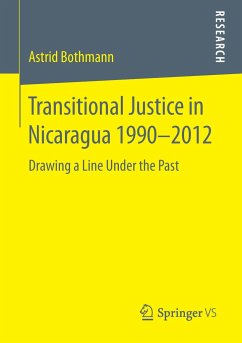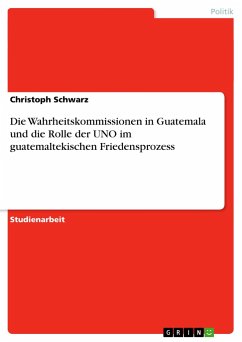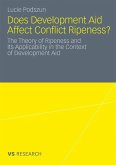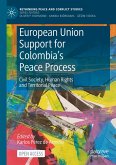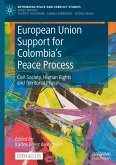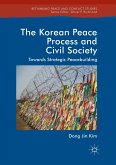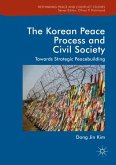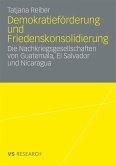Astrid Bothmann examines historical, political and socioeconomic factors that explain the absence of transitional justice in Nicaragua from 1990 to 2012. The author provides the first systematic analysis of the reasons for the lack of transitional justice in Nicaragua after the end of the Sandinista regime and the civil war (1990). Contrary to other Latin American states of the third wave of democratization, which put the perpetrators of past crimes on trial, established truth commissions, purged political and military officials, and made reparations to the victims, Nicaragua's first post-war government opted for a policy of national reconciliation that was based on amnesty and oblivion. Subsequent governments followed this course so that the past has not been dealt with until today.

